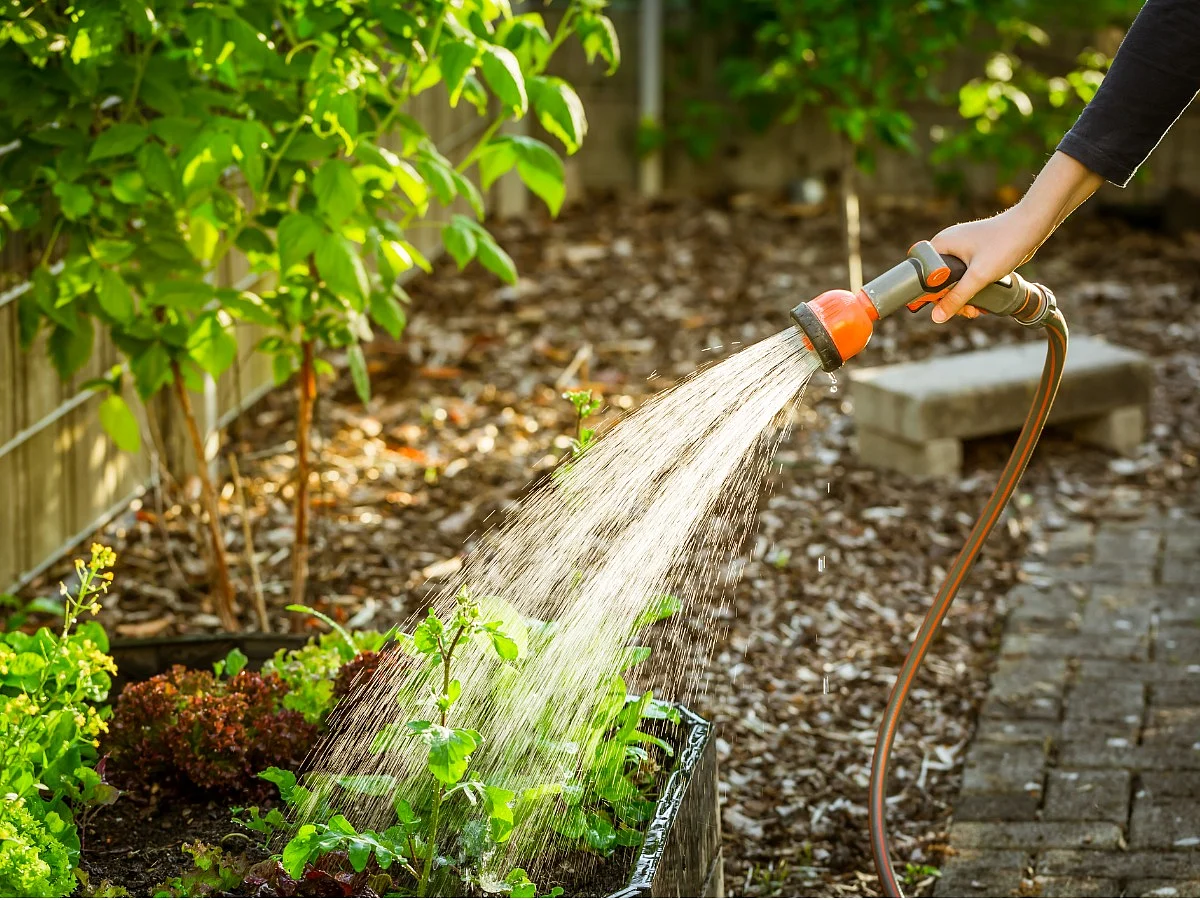7 Tips To Protect Your Plants In Summer
Tips to take care of your plants in summer and protect them from scorching heat.

advertisement
With summer in full swing, it’s important to find ways to keep your plants cool and hydrated. This can be done by following a few simple steps, such as watering your plants in the morning, using light mulch, and putting up shade covers. There are many other ways to protect the plants from heatwaves in this summer. It is important to look after the plants in the scorching heat and not over water them as it may also prove to be harmful.
Let's have a look at the tips to keep the plants hydrated and safe during the summers.
How To Protect Plants In Summer?
1. One of the most important steps you can take to keep your plants cool during summer is to water them in the morning. This is before the sun typically starts beating down, which is why it’s best to do it early in the morning or at early afternoon. If you wait until midday or even later, most of the water will likely evaporate before it reaches the plant’s roots.
2. Another important step is to use light mulch. Mulch is a type of soil amendment that helps to keep the soil cool and moist. There are many different forms of mulch, but you’ll probably want to use a light-colored mulch, such as dried grass clippings. This will help to reflect the sunlight and keep the soil moist for longer.
3. If you don’t have access to light mulch, you can also make your own shade cover by using old sheets, old window screens, or narrow panels of wood lattice. This will help to cool and shade the plants and keep them cool during the summer months.
4. It’s also important to avoid over-watering your garden. This can cause plants to wilt, which is a condition that causes the leaves to turn yellow and eventually die. Additionally, excessive moisture in the soil can cause bacteria to develop and oxygen to be in short supply, which can also lead to fungal disease.
5. Once you’ve done watering your plants, it’s important to weed your garden regularly to prevent pests and diseases from entering the soil. This should be done at least once a week, or twice a month at the maximum.
6. Another important step is to prevent water from stagnating, which can create an ideal breeding ground for mosquitoes.
7. Bring plants indoors. If you have the space, bring your plants indoors during the hottest part of the day.
8. Mist plants regularly. Misting plants with water can help to cool them down and increase humidity.
(Disclaimer: Parts of this article were generated by AI and published after the content was editorially modified and verified by a human based on their own judgement and expertise. The Quint does not publish AI-generated content without direct human involvement and oversight).